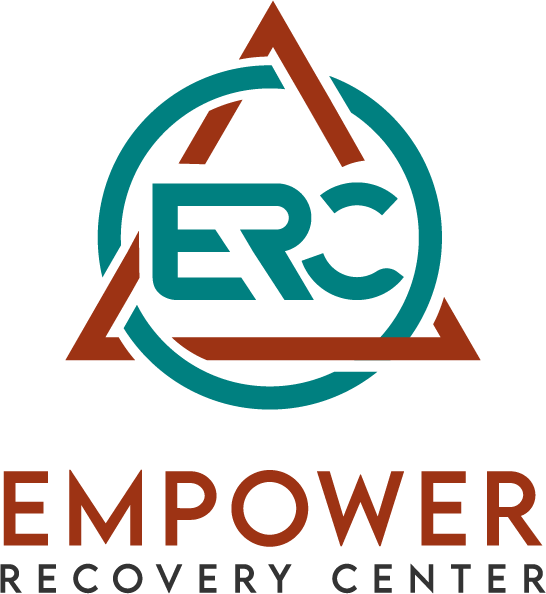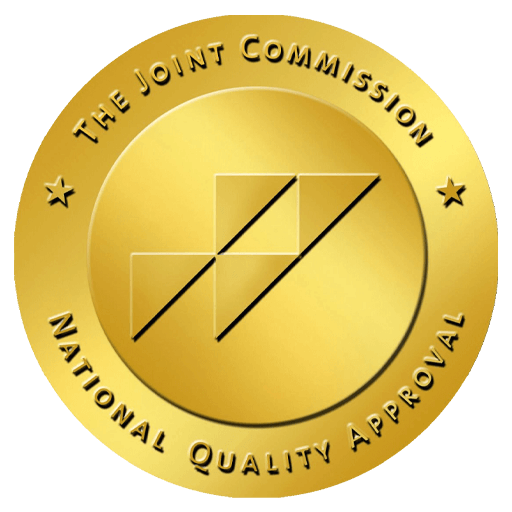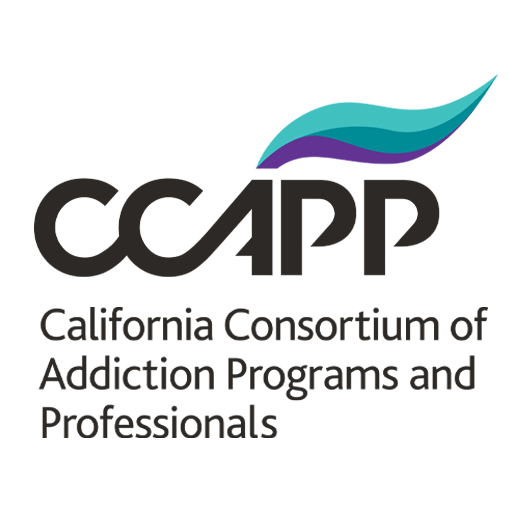The Importance of Seeking Help for Addiction
From my 20 years of experience at Empower Recovery Center, I can affirm that grief is a complex emotion that can manifest differently for everyone. Sometimes it’s a quiet ache; other times, it’s an overwhelming wave. Seeking help from a grief treatment center can be crucial in navigating this tumultuous journey.
Grief can lead to feelings of isolation and despair, impacting mental health significantly. As professionals, we understand that untreated grief can contribute to depression, anxiety, and even substance abuse. It’s not just about feeling sad; it’s an emotional labyrinth that requires specialized attention.
Grief treatment centers offer a sanctuary where individuals can explore their feelings in a safe environment. This is vital because it allows individuals to express themselves without judgment and begin the healing process. By addressing grief head-on, we can offer brighter perspectives and pathways to healing.
How Do Grief Treatment Centers Help?
Grief treatment centers are uniquely equipped to address the multifaceted nature of grief through various methods. At Empower Recovery Center, we use evidence-based approaches and therapeutic modalities tailored to each person’s needs.
Comprehensive assessment: The journey begins with understanding the individual’s unique experience of grief. Through thorough assessments, we identify specific needs and potential treatment strategies.
Individual therapy sessions: In these sessions, clients have the opportunity to delve into their emotions, tackling them with the guidance of trained professionals. This personalized approach ensures that therapy is as impactful as possible.
Group therapy: Sharing experiences in a group setting can alleviate feelings of isolation, allowing individuals to connect over shared experiences and gain new insights into their emotions.
Complementary therapies: Techniques like art and music therapy can facilitate expression in ways that traditional talk therapy cannot. They provide alternative avenues for healing, fostering creativity and emotional release.
What Qualifies as a Grief Treatment Center?
A grief treatment center qualifies based on its capability to cater specifically to the needs arising from significant loss. Such centers should offer specialized services that address the emotional, mental, and sometimes physical impacts of grief.
1. Licensed professionals: Ensure the presence of therapists and counselors with expertise in grief counseling.
2. Diverse therapy options: From cognitive-behavioral therapy (CBT) to holistic approaches, a variety of therapy options should be available.
3. Supportive community: A center that fosters a sense of community can greatly enhance the healing process.
4. Personalized care: Every grief journey is unique, and treatment should reflect this individuality.
Personal Stories: Transformative Journeys
At Empower Recovery Center, I’ve witnessed numerous transformative journeys, and these stories illuminate the profound impact a grief treatment center can have. One client, Sarah, came to us after losing her partner. Engulfed in sorrow, she struggled to move forward. Through therapy, Sarah discovered a passion for painting, which became her emotional outlet and a catalyst for healing.
Another client, Mark, was battling suppressed grief that manifested as anger. Group therapy allowed him to share his story and, in doing so, helped others process their own emotions. This communal healing fostered a profound sense of connection and purpose.
Such stories underscore the power of professional guidance in a grief treatment center. They display how specialized care can radically alter the path of those burdened by loss.
- Empathy: A cornerstone of effective treatment.
- Community: The support of peers who understand your journey.
- Growth: Discovering new paths and passions.
Steps to Selecting the Right Grief Treatment Center
Choosing a grief treatment center is a significant step towards healing. Here’s a focused guide to aid in this decision:
- Research services offered: Identify centers that offer the specific therapeutic services needed, such as individual or group therapy.
- Verify credentials: Ensure the center employs licensed professionals experienced in grief counseling.
- Consider the environment: A comfortable, nurturing environment can be crucial for effective treatment.
- Seek recommendations: Personal referrals or online reviews can provide insight into the center’s effectiveness.








